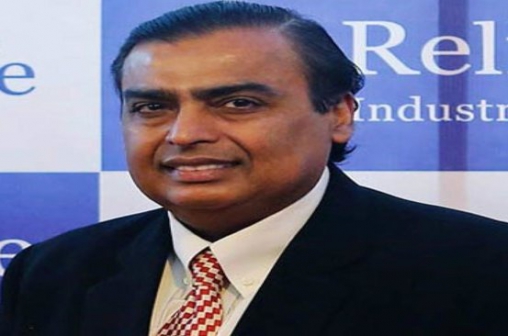
Indian billionaire Mukesh Ambani now holds a firm stranglehold on Kenya’s oil import business. Through Gulf African Petroleum Corporation (Gapco), which Ambani’s Reliance Industries owns a majority stake, dominates the business of importing oil into the Kenyan market, tender documents show.
Tender awards running between January 2015 to February this year show that Gapco has been winning the rights to bring in at least two petroleum products every month. The company has bagged tenders for bringing in diesel, petrol and jet fuel more than any other firm.